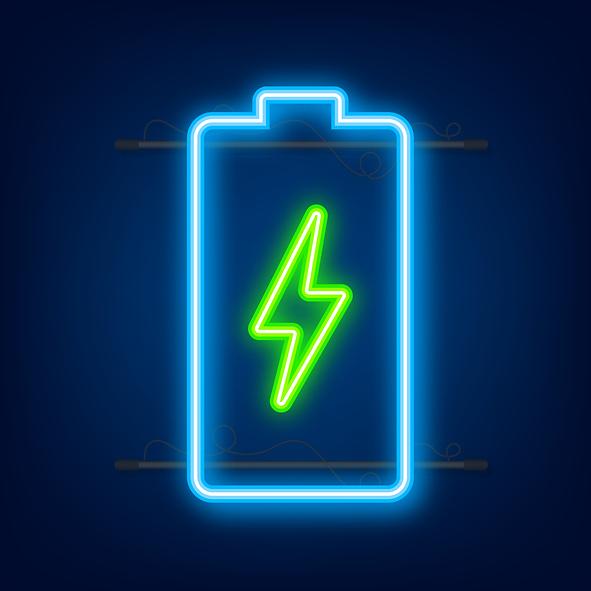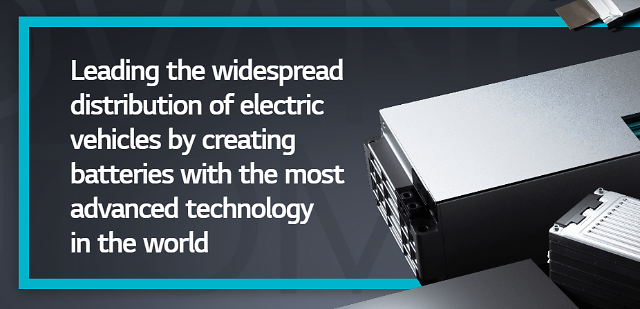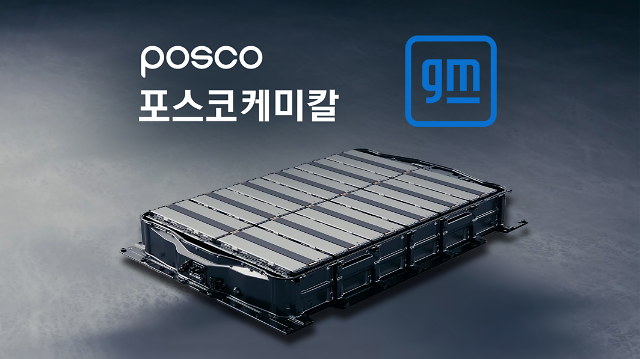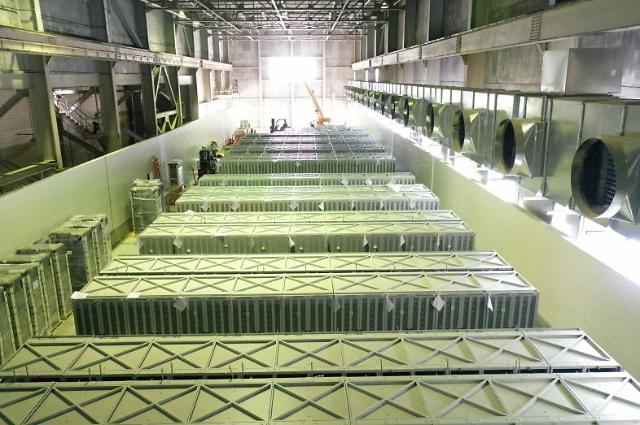
[Gettyimages Bank]
South Korean companies are trying to produce new batteries, such as NCM that contains nickel, cobalt and manganese. The proportion of nickel is high so that battery producers can save costs and extend the driving range. Cobalt, an expensive rare-earth element widely used in lithium-ion batteries, is vulnerable to sudden price fluctuations.
Chinese companies have focused on batteries that use lithium iron phosphate (LFP) as cathode material and a graphitic carbon electrode with a metallic backing as the anode. Cobalt-free LFP batteries offer low cost, low toxicity and long-term stability. The main drawback is lower energy density than that of lithium cobalt oxide.
Due to rising raw material prices, more and more electric vehicle companies adopt cheap LFP batteries. LG Chem is developing a cobalt-free, low-cost material that can overcome the shortcomings of LFP batteries. LG Chem's domestic rival, SK Innovation, followed suit to develop LFP batteries that have excellent energy density and can charge at high speed.
A single crystal cathode material containing 74 percent manganese and 26 percent nickel has been developed by Singular Materials Laboratory (SM Lab) founded by Cho Jae-phil, a professor of energy and chemical engineering at Ulsan National Institute of Science and Technology (UNIST). SM Lab's new cathode material has higher energy density than LFP and has the advantage of being resistant to high temperatures.
"It is the world's first successful development of cathode materials that can replace LFP two years ahead of competitors," Cho said in a statement on January 18. "We will test electric vehicles batteries from the fourth quarter of 2022 after verifying mass production with overseas customers."
Because LFP particles should be made small, there becomes more unused space between particles, leading to low energy density. SM Lab increased the size of one particle by adding a small amount of its own particle growth promoter. In order to increase energy density, the size of one particle should be appropriately increased. SM Lab said it has overcome the low output characteristics of high manganese electrode materials by developing conductive coatings.




